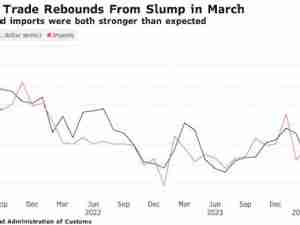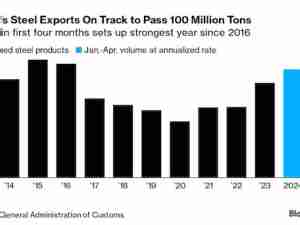New US trade chief focused on India, striking deals
posted by AJOT | Jun 23 2013 at 08:00 PM | International Trade
New U.S. Trade Representative Michael Froman said he expected growing trade problems with India to be a major early focus of his tenure, but stopped short of saying the United States should cut off benefits for that country.
"We have a number of concerns about the investment and innovation environment in India," Froman said in a wide-ranging interview shortly after being sworn into office. "It's something that we're very focused on."
Other top priorities are completing trade deals with 11 countries in the fast-growing Asia-Pacific region and with the European Union, and ensuring that countries live up to their existing trade obligations, he said.
Froman, who won Senate approval on Wednesday by a vote of 93-4, said he agreed with Senator Elizabeth Warren that the public should have a better understanding of the issues that countries negotiate in trade agreements.
"We'll take a look at a number of ideas and proposals that people have about how to improve transparency. But we also want to make sure that we can negotiate a deal that is in the best interests of American workers, farmers and ranchers," he said.
Warren's concern that trade talks are overly secretive prompted the Massachusetts Democrat to vote against Froman, even though she is an ally of President Barack Obama on many other issues.
Angst Over India
Members of Congress and business groups have urged the Obama administration to take a tougher line on India's trade policies, including its use of compulsory licenses to suspend patents on U.S. drugs, barriers to U.S. agricultural exports, restrictions on foreign investment and local content policies that discriminate against foreign goods.
Froman, who until recently was Obama's chief international economic affairs adviser, said he expected to raise the issues next month in Washington at a U.S.-India CEO Summit, and potentially in a future meeting of the U.S.-India Trade Policy Forum, which has not met since 2010.
Some lawmakers have suggested removing India from Washington's Generalized System of Preferences program, which helps developing countries export goods to the United States.
Froman treaded carefully on that question, noting that many U.S. companies also benefited from the program, since it lowered their production costs by waiving duties on imports.
"We need to take a careful look at that ... This is something we want to work with Congress on," he said.
Busy Negotiating Agenda
Froman, whose friendship with Obama goes back to their days together at Harvard Law School, takes over the top trade post at one of its busiest times in recent years.
The United States hopes to wrap up trade talks with Japan and 10 other countries in the Asia-Pacific region by the end of the year, and will hold the first round of talks on a proposed U.S.-EU agreement the week of July 8.
"It's a very full agenda that all revolves around creating jobs in the United States," Froman said.
Finishing talks on the proposed Trans-Pacific Partnership, or TPP, by December 31 is "an ambitious timetable, but that is the objective we have set out," he said.
One of the TPP countries, Vietnam, complained this week that the United States was continuing to shield the U.S. textile industry from substantial market openings while making tough demands on other participants in the talks.
"All I would say is this is intended to be a comprehensive, high-standard agreement, which means there will be hard steps for every country to take," Froman said.
"With regard to textiles in particular, we want to make sure we balance the interests of our domestic producers, importers and consumers appropriately," he said.
In its separate talks with the EU, the United States is pushing for "the broadest, most comprehensive agreement we can get," despite France's insistence on excluding cultural industries from the negotiations, Froman said.
"There are sensitivities on both side









